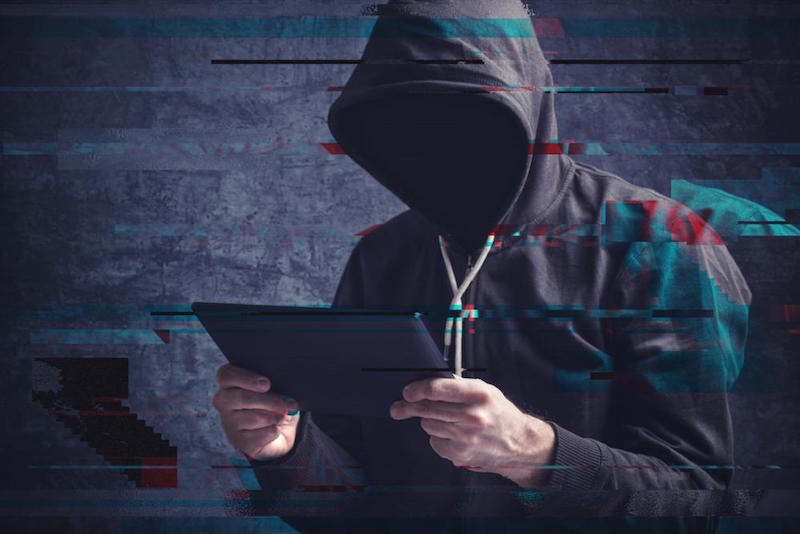A drug dealer who sold fentanyl over the dark web was captured due to old-fashioned detective work, proving to law enforcement that police can even overcome anonymizers with enough patience and hard work, according to a press release from the Department of Justice. For many people involved in fighting the fentanyl trade, this arrest offers a sigh of relief. Even dealers that do “everything perfectly” to hide their identity can eventually face justice.
28-year-old Chukwuemeka “Emeka” Okparaeke is charged with one count of conspiracy to distribute large quantities of fentanyl analogues, acting New York U.S. Attorney Joon Kim announced in a statement last week. He is accused of receiving several kilograms of fentanyl and then repackaging the drugs into smaller quantities for resale. According to court documents, he then turned to online black marketplaces on the “dark net” accessible only through special software to sell the drugs anonymously.
The Dark Web and Drugs
Increasingly, large shipments of fentanyl come from overseas, making it into the hands of US drug dealers. From there, the drug dealers often add them to other opiates or masquerade them as less-powerful drugs in an effort to get users hooked. Once the drugs are in the hands of US dealers, there are about a half dozen ways in which they sell them. While some drugs are sold on the street, many others take a more secretive route. Many of these drugs sell anonymously on the “dark web”, where dozens of large transactions (and hundreds of smaller ones) take place anonymously every day.
Many illicit drug transactions take place in the part of the web that’s left uncensored and almost impossible to monitor. Known colloquially as the “dark web,” accessing websites requires anonymizer from the start, making it nearly impossible to trace users based on their IP address alone.
Catching a Criminal
Police were clued in to the drug deals when an employee at a nearby Middletown post office observed a “suspicious person.” The man wore latex-dipped gloves leaving packages to ship outside a postal box. Acting on the tip, authorities determined Okparaeke was doing the same thing from other USPS locations using a fake return address. Every time they observed him, he wore gloves. Fentanyl dealers often wear gloves to handle the substance, which is 50 times more powerful than heroin. This is because the powerful drug can cause fatalities when absorbed through the skin by non-users of the drug.
Later in the investigation, police in Virginia ordered a package of drugs, which they received from the black market account “Fentmaster.” Police later confirmed this online handle belonged to Okparaeke. Under a different online persona on Reddit, Okparaeke bragged about his anonymity and his life as an online fentanyl dealer. His online stories included bragging about the various methods he used to subvert the police and the money he made from the lucrative trade.
Fighting the Epidemic By Intercepting Drugs
By the end of the operation, police found nearly 80 packages matching the name and address an undercover police provided to “Fentmaster,” court documents show. Authorties say Okparaeke received several kilograms of fentanyl and repackaged the drugs into smaller quantities for resale.
“Opioids such as fentanyl have become a public health crisis robbing many of productive futures and their very lives,” USPIS Inspector in Charge Phillip R. Bartlett said in a statement. “Postal Inspectors have always made it their mission to protect the public and the U. S. Postal Service from these alleged drug traffickers, putting an end to their criminal enterprise through their misuse of the U. S. Mail.”



Leave A Comment
You must be logged in to post a comment.